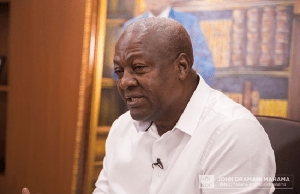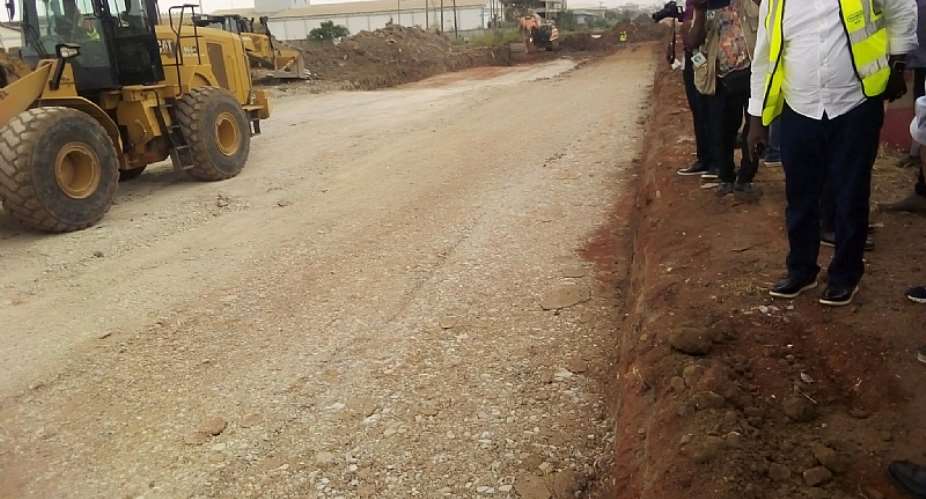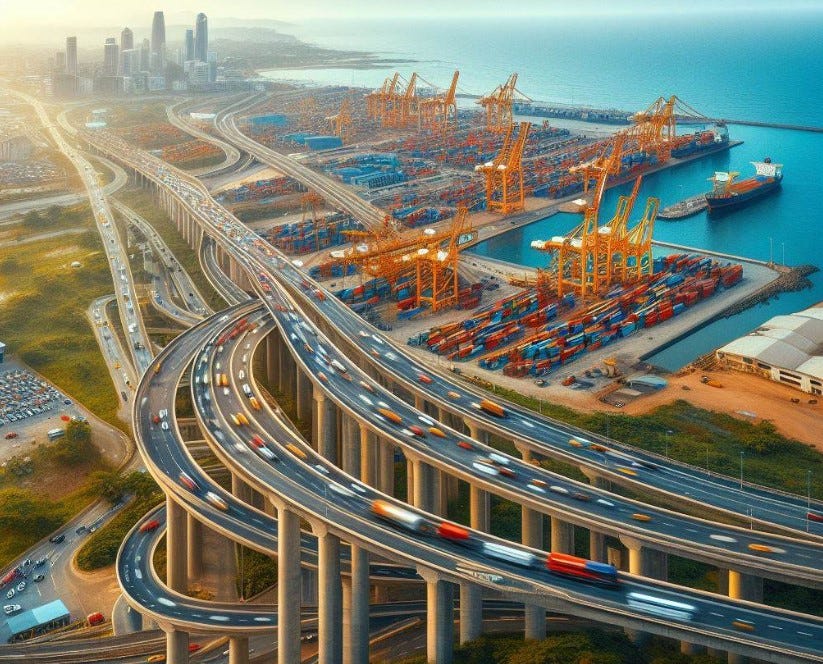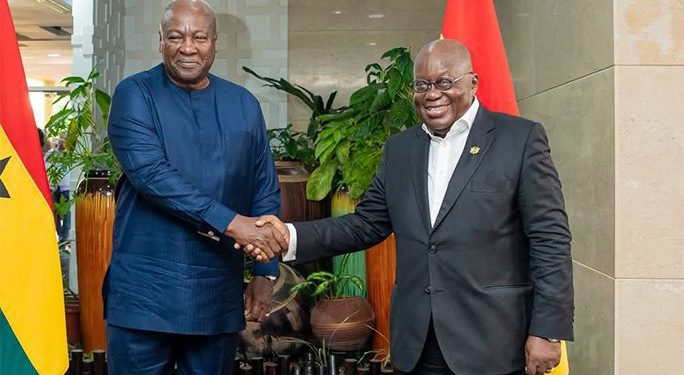The election of John Dramani Mahama as president and the return to power of the National Democratic Congress (NDC) marked the beginning of a new chapter for Ghana’s energy sector. With his experience in managing energy crises and developing infrastructure, Mahama’s leadership is expected to influence the direction and priorities of the sector. Here’s a look at what to expect under his administration.
A renewed focus on addressing systemic challenges
John Mahama’s tenure as president from 2012 to 2017 was defined in part by his administration’s efforts to address Ghana’s energy crisis (dumsor). While emergency solutions such as the Karpowership and the AMERI power plant provided temporary relief, these measures also exposed systemic problems in the sector, including inefficiencies in electricity generation, distribution, and financial management.
As he assumes office once again, Mahama’s administration is likely to prioritise resolving long-standing challenges such as:
Shared renewable energy goals: working with ECOWAS members to achieve regional renewable energy goals.
A new opportunity for growth and transformation
The return of President John Mahama and the NDC signals a critical turning point for Ghana’s energy sector. With a blend of experience and an understanding of the sector’s challenges, his government has the potential to implement transformative policies that ensure energy reliability, affordability and sustainability. However, success will depend on the government’s ability to manage fiscal constraints, promote innovation, and build trust among stakeholders. As Ghana’s energy sector continues to be the cornerstone of its economic development, the coming years under Mahama’s leadership could define the country’s progress toward a more secure and sustainable energy supply for the future.
Utility Debt Management: Stabilising the financial health of key entities like the Electricity Company of Ghana (ECG) and GRIDCo through debt restructuring and improved revenue collection.
Infrastructure Modernization: Upgrading the power transmission and distribution infrastructure to reduce technical losses and ensure reliable energy delivery.
Policy Reforms: Strengthening regulatory frameworks to enhance transparency, attract private investment, and improve governance within the energy sector.
Expansion of Energy Infrastructure
During his previous presidency, Mahama’s government completed significant projects such as the Atuabo Gas Processing Plant, which bolstered the supply of gas for power generation. His return is expected to bring a renewed focus on infrastructure expansion, with potential emphasis on:
Natural Gas Development: Enhancing the capacity of processing plants and improving the infrastructure for gas transportation and storage. • Generation of thermal energy: increase in the efficiency of existing thermal plants and explore the opportunities for further ability to satisfy the growing demand.
Renewable energy projects: downsizing solar, wind and hydro projects to diversify the energy mixture of Ghana and reduce dependence on fossil fuels.
Accelerate the transition of renewable energy
Mahama has previously expressed commitment to the development of renewable energies. With global energy tendencies that move towards sustainability, its administration should align with these changes from:
Promote solar energy: support large-scale solar companies and off-grid solar solutions to expand access to electricity in rural areas.
Investing in wind energy: explore the potential of Ghana for wind energy, in particular in the coastal regions. • Encourage private sector participation: Provide incentives for private investment in renewable energy projects and promote public-private partnerships.
Strengthen local content and job creation
The NDC has consistently emphasized local content policies to ensure Ghana’s participation in the energy sector. Under Mahama, this focus is likely to increase, with efforts focused on:
Capacity building: Training programs to equip Ghanaians with the skills needed to fill roles in both the conventional and renewable energy sectors.
Local manufacturing: Encourage domestic production of renewable energy components such as solar panels and wind turbine parts.
Job creation: Create employment opportunities across the energy value chain, from exploration to distribution. Reviving the petroleum sector
Ghana’s upstream oil and gas sector experienced significant growth during Mahama’s previous tenure, with the development of key oil fields such as TEN and Sankofa-Gye Nyame. His presidency is expected to revive the sector through the following measures:
Maximizing production: ensuring efficient operation of existing oil fields to maximize revenue.
Exploration and licensing: encouraging exploration of new oil and gas reserves while enforcing transparency in licensing agreements.
Downstream development: improving the operation of institutions such as the Bulk Oil Storage and Transportation (BOST) Company to improve fuel storage and distribution.
Balancing affordability with cost recovery
High electricity tariffs and public dissatisfaction with pricing mechanisms are persistent problems. Mahama’s administration will need to strike a delicate balance between maintaining affordability for consumers and ensuring cost recovery for energy producers. Key strategies may include:
Tariff rationalization: Implementing measures to make tariffs more equitable while addressing production costs.
Subsidy reforms: Targeting subsidies to benefit low-income households without distorting the energy market.
Operational efficiency: Streamlining processes within energy companies to reduce costs and improve service delivery.
Building regional energy partnerships
Ghana’s strategic location in West Africa presents opportunities for regional energy collaboration. Mahama’s government could foster stronger partnerships through initiatives such as the following:
Power export: using excess power generation capacity to supply neighboring countries.
Cross-border gas projects: strengthening partnerships for the development of cross-border gas pipelines and trade agreements.
Source: Citinewsroom





